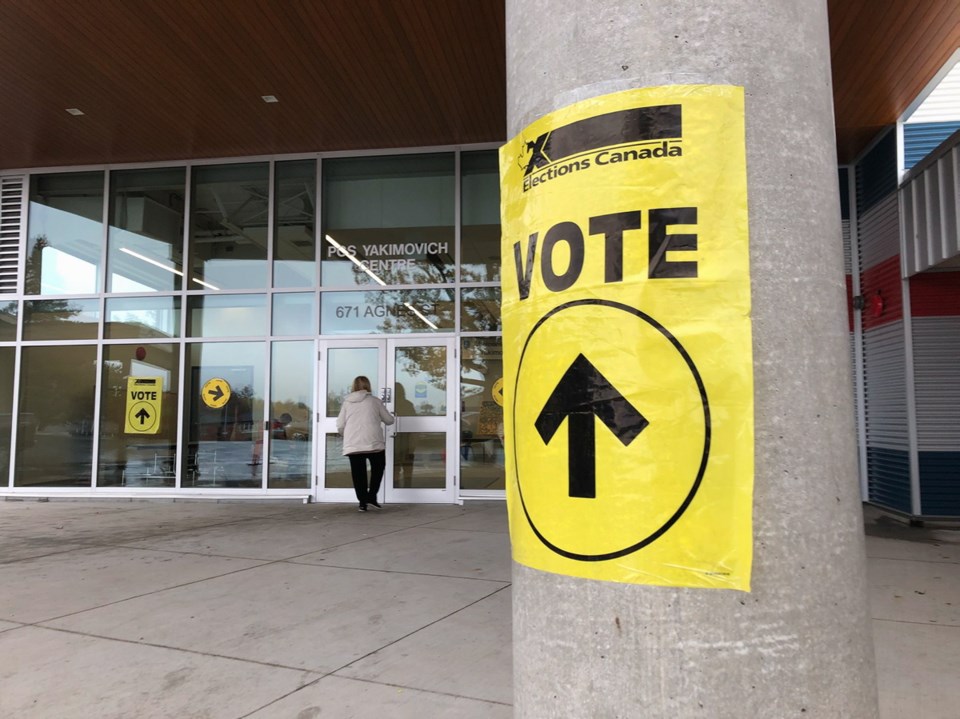The election campaign that wrapped up Monday night was unique in the modern era. As we write this, the outcome is still not clear, although a Liberal minority government seems assured.
But the tenor of the race was quite unlike anything we’ve seen before. On the one hand, there were relatively few moments of genuine drama.
There was no fierce disagreement over contentious trade deals, such as marked the 1988 election that was fought largely on a single issue — the sa���ʴ�ý-United States Free Trade Agreement.
The threat of Quebec separating, which surfaced in that province’s second referendum in 1995, has for the time being evaporated.
The leaders’ debates this time around were tame and tedious affairs, due in part to poor moderating.
And the recession, which dominated the 2008 election, has been left in the past.
On the other hand, what did mark this campaign as exceptional was the degree to which social media brought inter-personal hostility to the fore. Time and again candidates were tripped up with deeds from their past.
Justin Trudeau suffered perhaps the greatest embarrassment, when photos of him in blackface taken nearly two decades ago surfaced to general disapproval.
Every party was forced to discipline, and in some cases remove, candidates whose prior indiscretions were unearthed by opposition trolling.
This is not the first election in which such revelations have caused sleepless nights in party headquarters. However, what separated this campaign was the degree to which social media made it possible to rummage through a candidate’s entire life.
A spoken remark made on the campaign trail can be denied or walked back — they have a short shelf life. We’ve seen plenty of that before.
But statements recorded by Twitter or texting seem to live on for decades, just waiting to be exploited at the critical moment. That gave rise to a degree of ambushing and shaming that all but extinguished legitimate debate.
In effect, this campaign was only marginally about the issues. Instead, it was all too often about which party could most effectively blacken the other’s name or rake up dirt from days gone by.
We argue that did a disservice to candidates and voters alike. For there were plenty of real concerns in need of attention.
But it seemed as if every time someone attempted to address homelessness or child poverty, climate change or government debt, they were immediately blindsided by attacks on their virtue.
We’ve already seen how damaging this form of wrangling can be, in the poisonous atmosphere that has overtaken American politics. Indeed, things have grown so ugly, the U.S. Congress has basically stopped governing and turned its entire attention to slagging opponents.
And now it’s happening here. Last week we ran a series of opinion pieces on climate change and the environment, written by leaders of each of the main parties.
In almost every case, the authors were not content with stating their case and seeking support. They also found it necessary to assail the motives and honesty of their opponents.
The traditional form of a political argument — “I’m right, you’re wrong and here’s why” — has been replaced with: “I’m right, you’re evil and I don’t need to say why.”
Regrettably, there might be no closure in sight. With a minority administration, the fur will continue to fly, with even more vehemence, as the loser seeks to unseat the governing alliance by impugning its motives and questioning its legitimacy.
Of course, all of this assumes our politicians can’t change. And that might be unfair.
Yet that is the challenge for whichever party, or coalition of parties, takes over the reins. We’ve had more than enough of negative campaigning. What our country needs is the kind of bipartisanship in which disagreements over policy can co-exist with courtesy.



